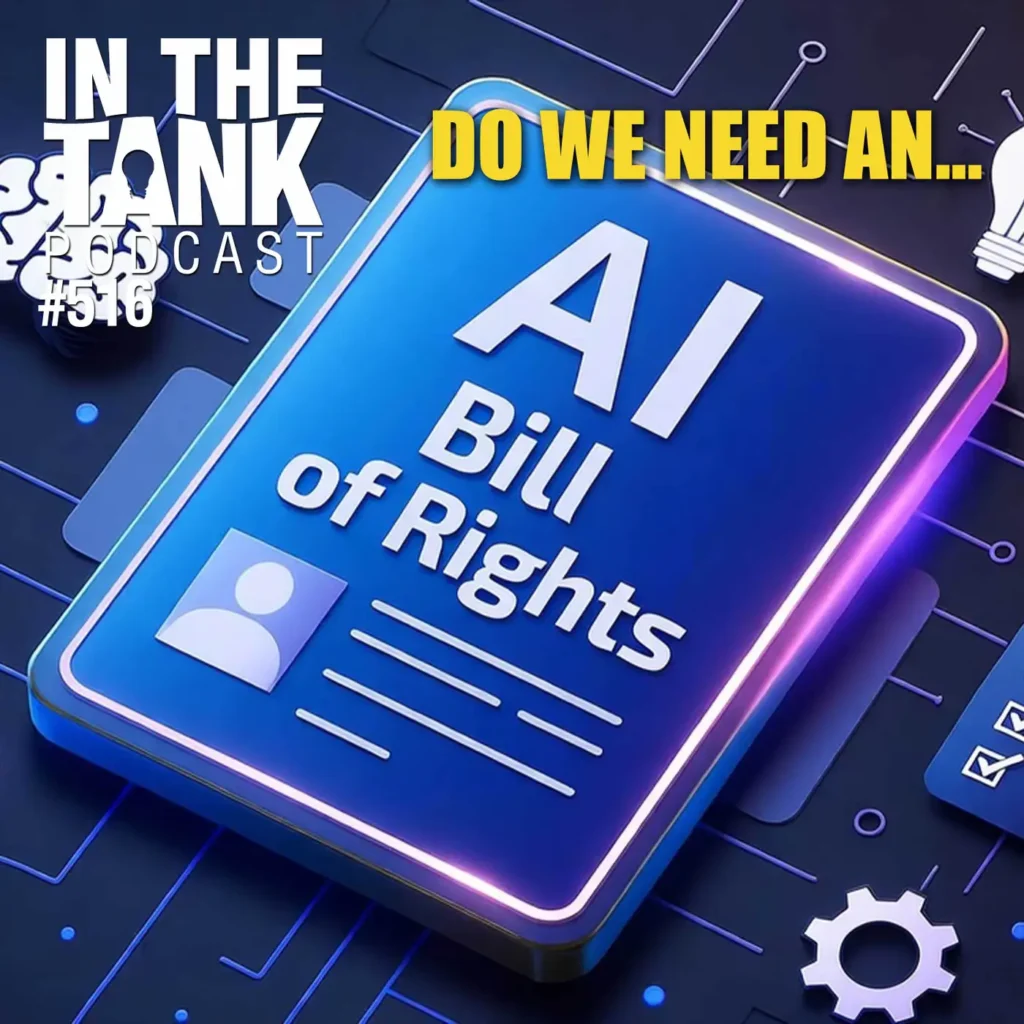A historic petition effort could lead to repeal of a Colorado law intended to change how the state determines its electoral votes in presidential elections.
Gov. Jared Polis signed into law a National Popular Vote (NPV) bill on March 15. The law places Colorado in a compact of states that pledge to award all their electoral votes to whichever presidential candidate receives a majority of the NPV. The Colorado law would go into effect if states with a total of 270 electoral votes—a majority—join the compact. Fifteen states and the District of Columbia, with a collective 196 electoral votes, have done so thus far.
The Colorado State Constitution grants citizens the power to put a law enacted by the legislature on the statewide ballot, through a petition process, for voters to approve or repeal. Citizens had 90 days to collect 124,632 signatures after the adjournment of the General Assembly on May 3.
Mesa County Commissioner Rose Pugliese and Town of Monument Mayor Don Wilson led the signature drive by Coloradans Vote. In an effort that began the day after Polis signed the NPV bill into law, the group turned in more than 227,000 names to the Secretary of State’s office on August 1.
The repeal measure will be on the November 2020 general election ballot.
Voters’ Push Back
Many Colorado voters dislike the NPV law, state Sen. John Cooke (R-Greeley) says.
“A lot of people were upset over this bill,” Cooke said. “I think as soon as it passed out of the legislature, they wanted to get signatures and get it on the ballot and overturn it. I think the only place the National Popular Vote is popular is amongst the Democrats in the legislature. Most people I’ve come into contact with are upset about it and want it voted down.
“It was a pretty progressive [session], and I think people are going to push back on this one,” Cooke said.
‘Great Sign’ for Repeal
The success of the petition drive shows the intensity of support for repeal, says Jon Caldara, president of the Independence Institute.
“It is difficult to get something on the ballot,” Caldara said. “For them to bring in those numbers is incredible. It’s also highly leveraged, because not a single Republican in the legislature voted for this, not even a symbolic Republican [vote]. It won’t go into effect if we’re successful at the ballot box.”
The success of the ballot drive indicates voters will void the law, says Trent England, executive vice president at the Oklahoma Council of Public Affairs.
“The historic signature-gathering effort to repeal NPV is a great sign that voters will in fact repeal it next year,” England said.
Proponents’ ‘Unforced Errors’
Though referenda have been allowed in Colorado for more than a century, there has been limited action on them since the 1930s, primarily because the General Assembly has frequently blocked them.
Section 1, Article V of the Colorado State Constitution allows the legislature to foreclose the option of a referendum by declaring a law is “necessary for the immediate preservation of the public peace, health, and safety.” This “safety clause” allows any bill to take effect immediately upon the signature of the governor, essentially removing the possibility of a referendum.
The blocking provision has been used frequently, says Cooke.
“Legislators usually just add the safety clause in,” Cooke said. “It’s so common you almost overlook it most of the time. It’s not on every bill, but it’s pretty close.”
The emergency language was left out of the NPV bill, says Caldara.
“They made a mistake by not putting in the safety clause,” Caldara said. “The governor then made a mistake by signing the bill when it passed, instead of waiting for the end of the session. By doing that, he gave opponents an extra five weeks of petitioning. A couple of unforced errors on the other side gave power to the opposition movement.”
Avoidance of Voters
In other states, NPV proponents have worked hard to keep voters from being allowed to decide the matter, says England.
“The NPV campaign has done everything they can to keep voters from having a say,” England said. “When Oregon legislators who opposed NPV offered to send it to voters, the NPV group refused. And when activists in Ohio this year filed an initiative for NPV, the group asked its own supporters not to let people vote on it.”
Under an NPV, Colorado would simply be overshadowed by large-population states such as California and New York, Cooke said.
“People are smarter than the Democratic legislators give them credit for,” Cooke said. “If it goes into effect, no candidate is going to come to Colorado. We’re just going to be a flyover state. These [electors] are our delegates, and they aren’t Californians and New Yorkers.”
‘Huge Ripple Effect’
In the 2020 general election when the NPV issue in Colorado will be decided, Colorado will elect a senator and vote for president and vice president.
“The importance of this cannot be overstated,” Caldara said. “Whoever is running in 2020 has to have an opinion on this, because it’s going to be on the ballot. It’s very possible that race could decide the majority of our United States Senate.
“Should this get repealed, … I think that would have a huge ripple effect for the whole national popular vote movement,” Caldara said.
Ashley Bateman ([email protected]) writes from Alexandria, Virginia.
Official Connections
Colorado state Sen. John Cooke (R-Greeley): https://leg.colorado.gov/legislators/john-cooke
Internet Info
Nolan Ryan and Ashley Herzog, “National Popular Vote Compact Nixed in Nevada, Approved in Oregon,” Budget & Tax News, June 15, 2019: https://heartland.org/news-opinion/news/national-popular-vote-compact-nixed-in-nevada-approved-in-oregon




